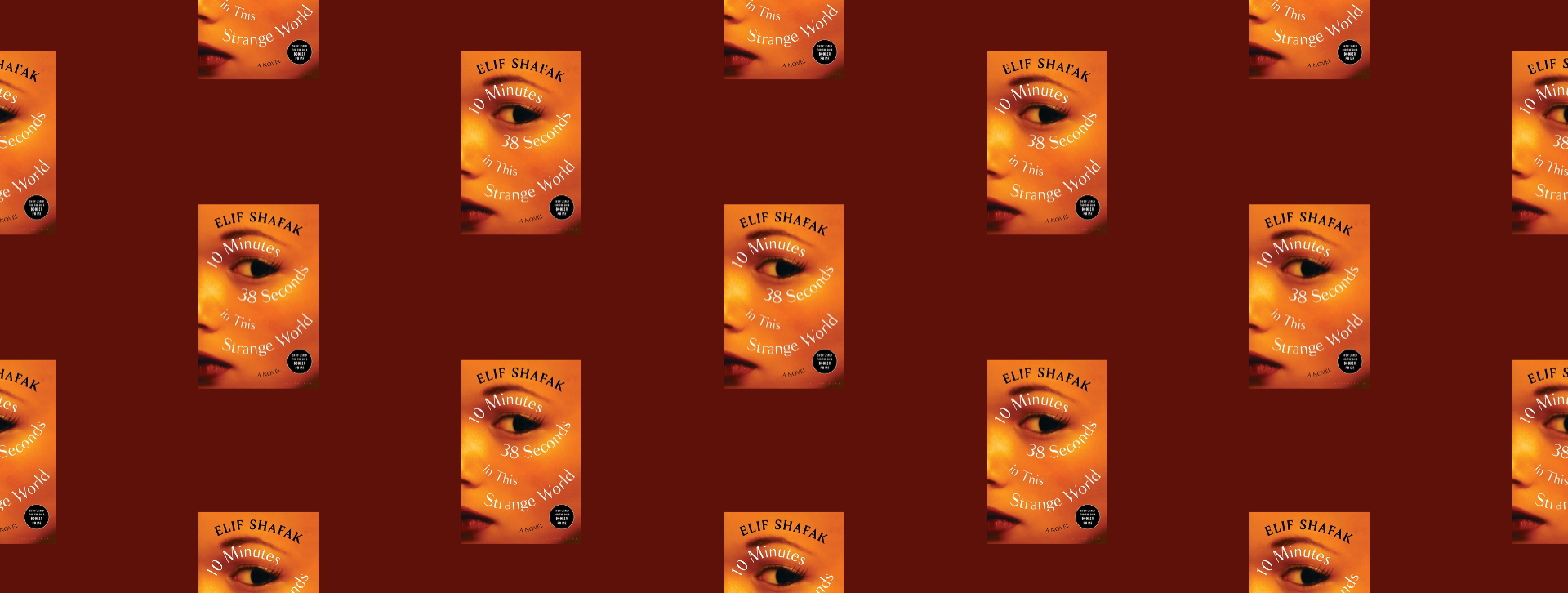Wolf Hall (Thomas Cromwell Trilogy, #1)
Wolf Hall is a pretty dense historical fiction about Thomas Cromwell and King Henry VIII. But it’s an incredible accomplishment of a book, and I’m really glad I read it.
We Need to Talk About Kevin
We Need to Talk About Kevin is a deeply unsettling but ultimately brilliant book about the mother of a psychopathic kid who commits a school shooting.
Sabrina & Corina: Stories
Sabrina & Corina is a collection of really, really good short stories about Latinas of indigenous ancestry. There wasn’t a single one I didn’t enjoy, and many I truly loved.
The Obelisk Gate (The Broken Earth, #2)
The Obelisk Gate is a fantastic sequel to The Fifth Season that promises SO MUCH to come.
A Thousand Ships
A Thousand Ships is just so good. It’s easy to read and to love, but it also packs a big punch of metaphor and meaning.
The Man Who Saw Everything
The Man Who Saw Everything is so creative. You’ll spend most of the book feeling lost … but you’re actually supposed to, and it pays off in the end.
The Empire of Gold (The Daevabad Trilogy, #3)
The Empire of Gold is the incredible conclusion to the Daevabad Trilogy that we’ve been waiting years for!
How Much of These Hills Is Gold
This is a beautiful literary story about two Chinese-American siblings surviving on their own near the end of the gold rush. Like everyone else, I loved it.
10 Minutes 38 Seconds in This Strange World
This is a beautiful novel. It shows us the most important moments of a murdered woman’s life, told through flashes of memory, in the minutes before her brain function stops.
The Fifth Season (The Broken Earth, #1)
The Fifth Season is not just entertaining, it’s masterful. Between that and the unflinching racial allegory, it is not to be missed.
The Idea of Perfection
I fell so hard for The Idea of Perfection. The plot does move pretty slowly, but that’s because you’re busy falling in love with the characters and setting (and having your heart broken).
You Exist Too Much
You Exist Too Much is an engaging story about a young Palestinian-American bisexual woman that raises all sorts of questions about depiction, family trauma, and mental health.




















